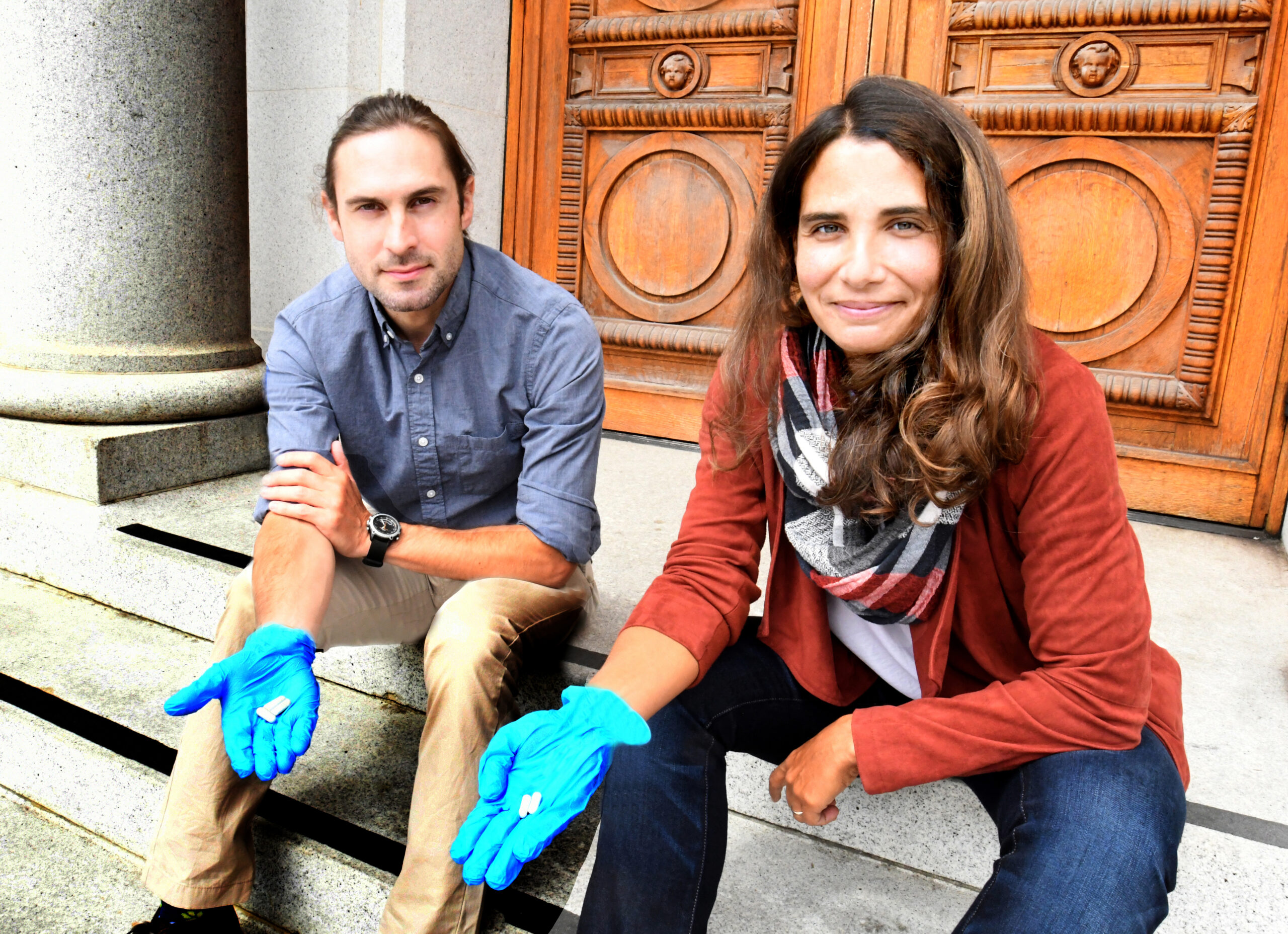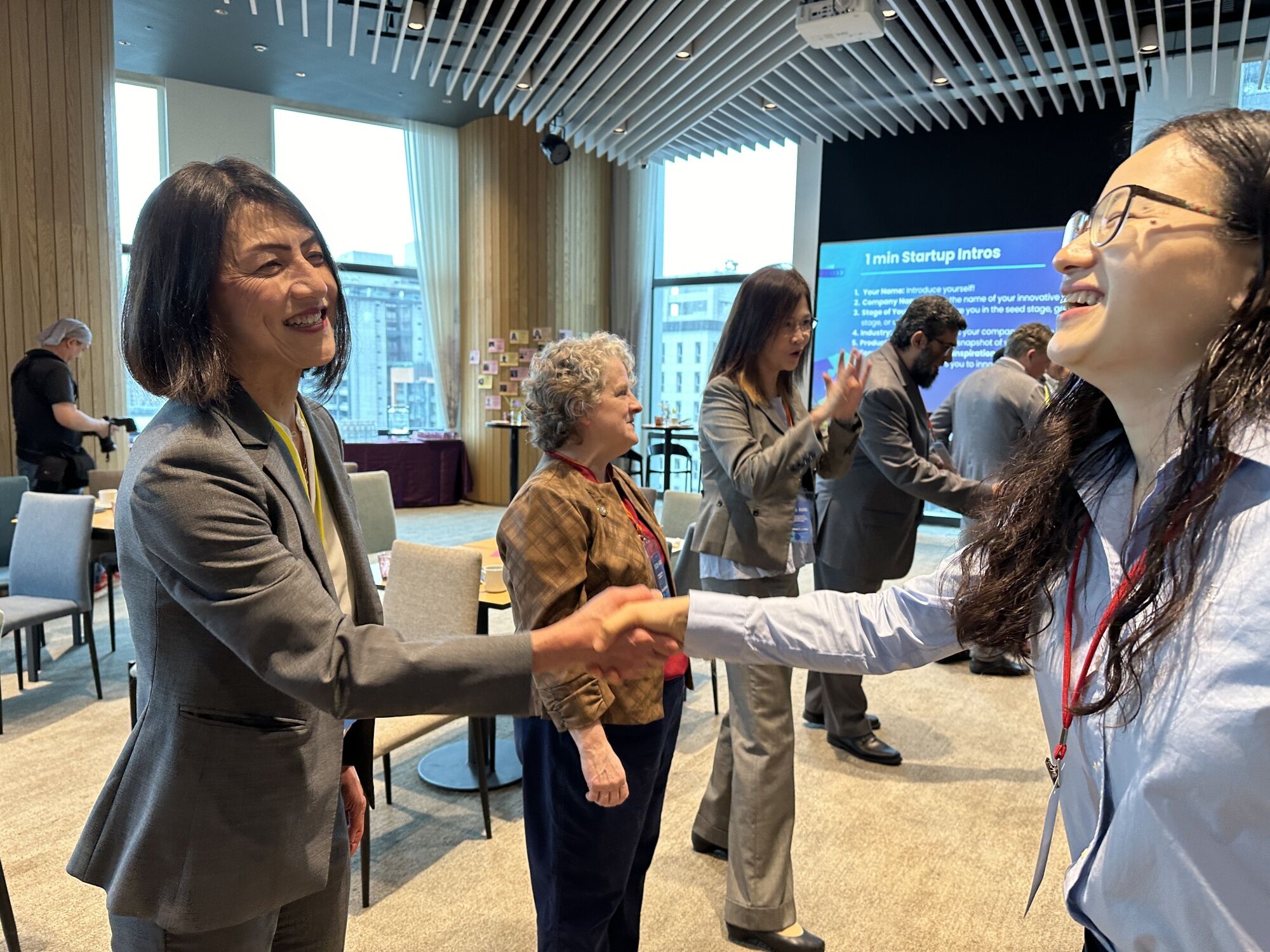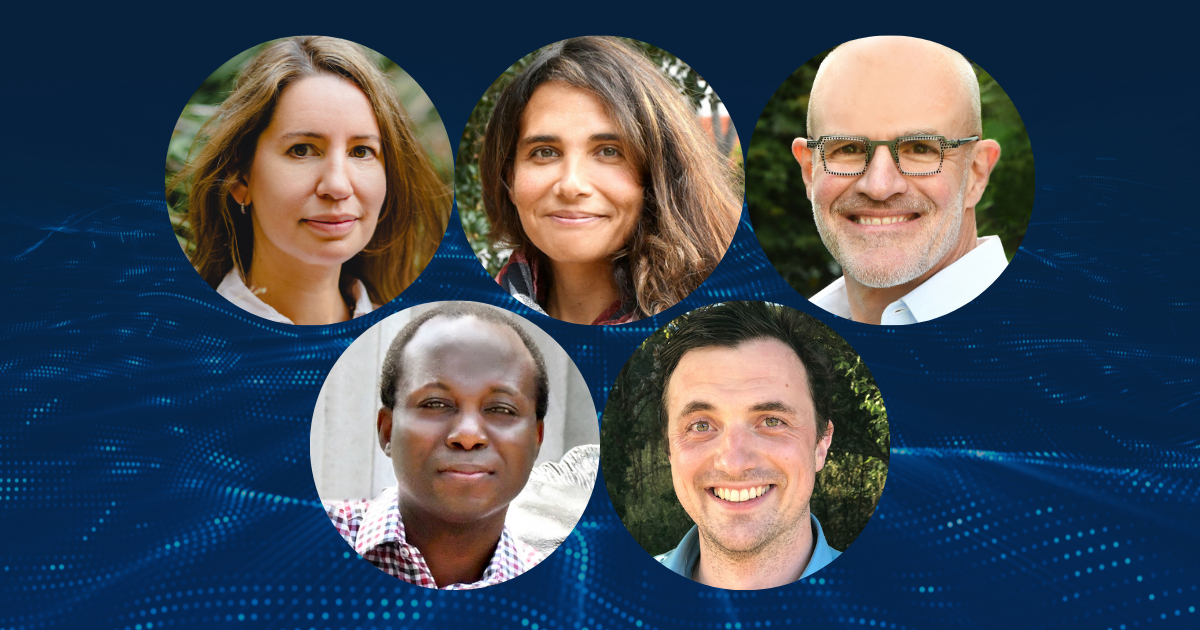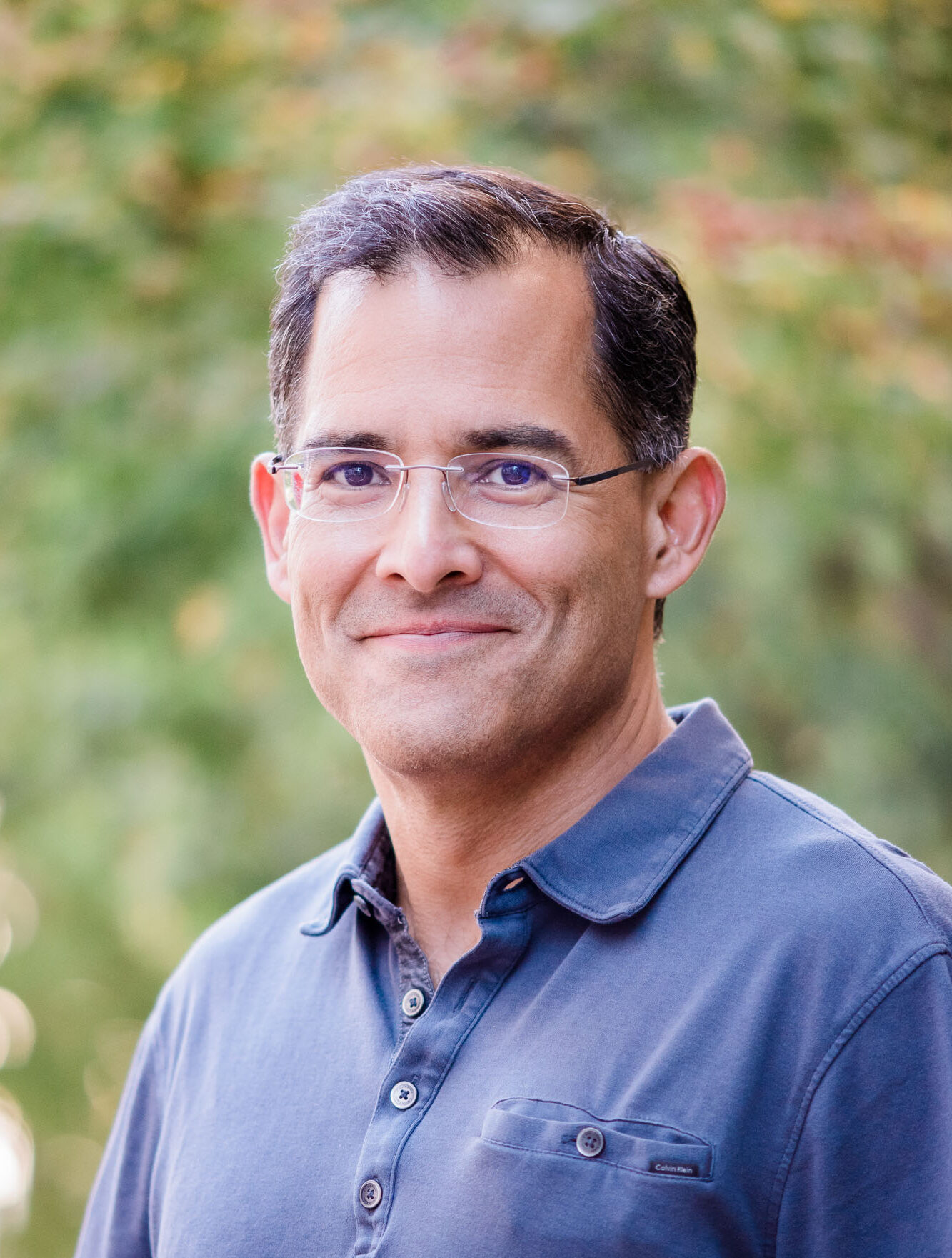
By: Niki Borghei
When Associate Professor of Nuclear Engineering, Rebecca Abergel, and Adjunct Professor of Chemistry, Julian Rees, joined the Bakar Fellows Program in 2021, they had a mission: to advance their long-standing project of developing small molecular chelators as therapeutics for heavy metal decontamination. The drug, HOPO 14-1, is now making waves for its transformative ability to handle a wide range of health problems, even those resulting from nuclear disasters.
“We are developing molecules that have a very high affinity and selectivity for heavy metals and radionuclides,” said Abergel. “They behave like claws (hence the term chelator) that clamp down on the target metals and transport them out of living organisms.” Inspired by iron-trafficking pathways in bacteria, these compounds have been optimized to distribute more efficiently within the body, making them ideal for medical use.
As an oral drug, HOPO 14-1 offers many viable applications, such as emergency treatment for internal radiation and lead exposure. Although their initial focus was on military applications and nuclear contamination scenarios, Abergel and Rees shifted their focus for their Bakar project to treat a potential risk from contrast MRI scans: gadolinium poisoning.
“We performed all the necessary manufacturing and preclinical pharmacology and efficacy studies to enable emergency use of one drug compound,” Abergel continued. “However, moving from an investigational new drug to an actual commercializable drug product was limited because of the lack of need until an actual accident occurs. A little more than 5 years ago, we realized that the application space was much broader as our decontamination compounds can target non-radioactive toxic heavy metals that are found in a variety of day-to-day devices, resources and new technologies. This changed the program significantly as it brought new needs into light. Since then we have started demonstrating the efficacy of our products at targeting and removing those heavy metals, and have also started a clinical safety study.”
Nonclinical studies of HOPO 14-1 have demonstrated promising results, and a Phase I clinical trial is now underway. But this was only possible, they explained, because of the abundance of support they received from organizations that have helped them along their technology translation journey.
“The support of Berkeley Lab was essential as a unique institution where we have a long legacy and history of performing chemical characterization and preclinical studies of various radioactive contaminants. We have also benefited from a long-term collaboration between Berkeley Lab and SRI International, supported by DOE, NIH/NIAID, NIH/NIBIB, and BARDA. This partnership has resulted in the current clinical study, funded by NIH/NIAID, and which is taking place at SRI International.”
In parallel, they explained, the Bakar Fellows Program has helped them understand the extent of how these decontamination drugs could be used, which has enabled the development of a more strategic plan to pursue commercialization and turn an ambitious mission into groundbreaking reality.
The current clinical trial is an important milestone that indicates this medicine may soon be widely available to patients in need, paving the way for a safer and healthier future for us all.




